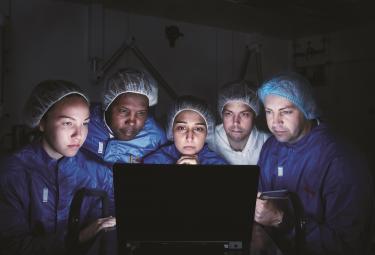
Under the deal, the partnership will involve in the development of immune cell-targeted positron-emission tomography (PET) tracer candidates by using protein catalyzed capture (PCC) technology of Indi Molecular.
If successful, the tracer candidates will help in the identification of molecular markers of cytotoxic T-cells, as well as selection and monitoring of immunotherapy patients.
The PET tracers will help better understand the patient’s immune cell profile and provide an early indication of whether he is likely to respond. It will help enhance clinical trial outcomes by optimizing the chances of immunotherapies successfully reaching the market.
Indi Molecular CEO and co-founder Dr Albert Luderer said: “This collaboration is a credit to the strength of both our respective Research & Development teams.
“We believe that our protein catalysed capture technology platform is ideally suited to deliver predictable, small molecule-like biological behaviour that possesses unique, ultra-high target affinity and specificity required for targets such as immune cells.”
GE Healthcare is a major medtech and diagnostics innovator that focuses on the development of an ecosystem for precision health.
The company is building a portfolio of PET tracers targeting biomarkers for immunotherapies within precision health.
GE Healthcare molecular imaging general manager Julia Casey said: “With Indi Molecular as one of our collaborators we can now begin to develop novel PET tracers for a variety of biomarkers of interest in the immuno-oncology space.
“These tracers could potentially play a critical role in supporting the development of immunotherapies, treatments that have shown great promise in how we manage oncology patients today.”
GE Healthcare provides medical imaging, monitoring, biomanufacturing, as well as cell and gene therapy technologies to its customers. It enables precision health in diagnostics, therapeutics and monitoring via intelligent devices, data analytics, applications and services.
Indi Molecular is a California-based biotechnology company involved in the development of a synthetic class of diagnostic and therapeutic agents with antibody-like properties.






